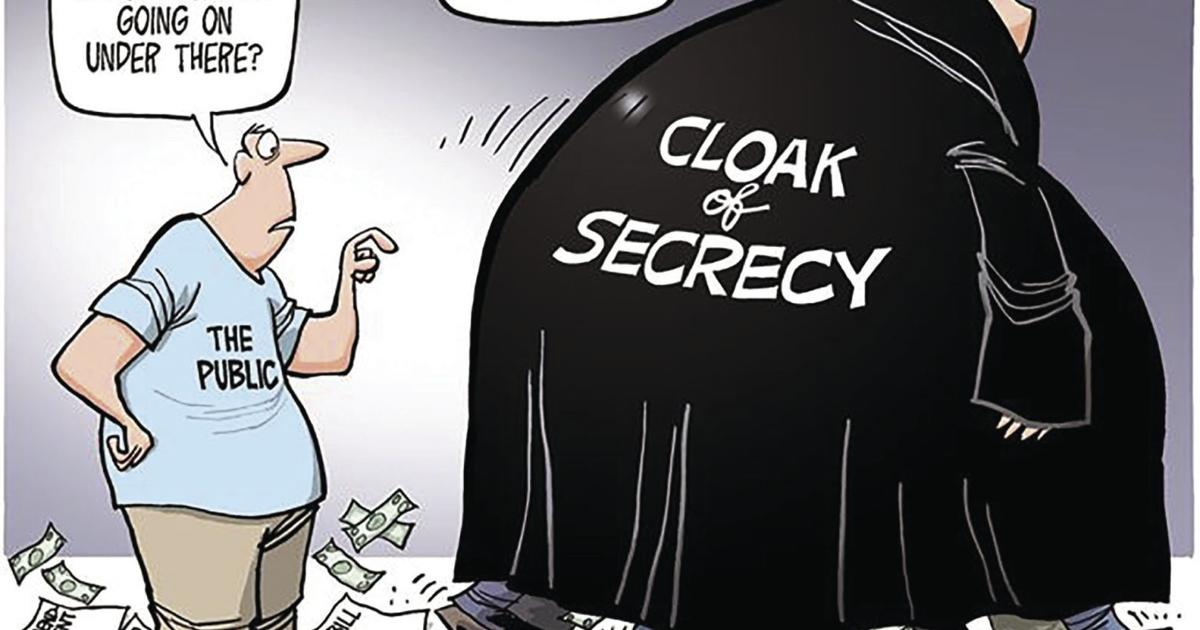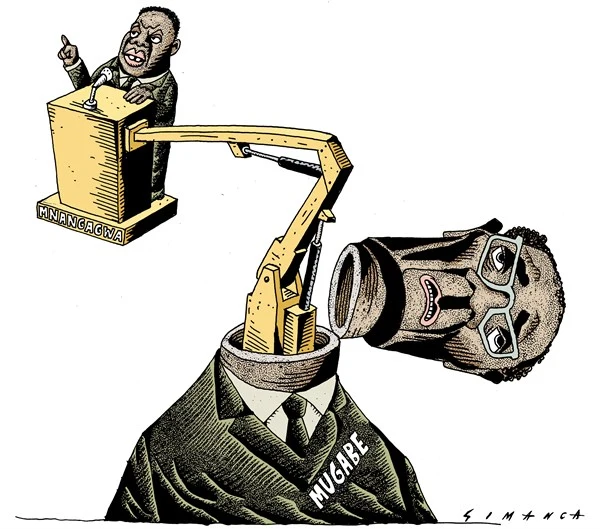SECRET CANON 11 PRO SE’S, THE POOR AND INDIGENTS
- 11(A) The Protection Of The Public
- 11(A)(i) We hold the need to protect the public from the dangers of self representation far outweighs the fair impartial administration of Justice. To protect the public from the dangers of self representation we shall:
- 11(A)(i)(1) approach the Pro Se, poor or indigent’s complaint from this objectively protective and compassionate position, “Is there anyway I can deny this petition?”
- 11(A)(i)(2) use Judicially prudent unbiased techniques to intimidate, frustrate, anger, nit pick, postpone, play with or in any other way rid ourselves of a Pro Se, poor or indigent litigant.
- 11(A)(i)(3) assist the Pro Se, poor or indigent in a resolution by bending or ignoring the rules on ex parte communications.
- 11(A)(i)(4) nurture an unfriendly environment in a dignified and polite manner.
- 11(A)(i)(5) minimize or ignore Judicial, Court or Attorney errors while magnifying any errors of the Pro Se, poor or indigent litigant.
- 11(A)(i)(6) politely move on to the next case before the Pro Se, poor or indigent is finished. This will assist eliminating them later with arguments such as Res Judicata.
- 11(B) Disposition Before Written Decisions
-
- 11(B)(i) It is best to be rid of a Pro Se, poor or indigent litigant before having to render a decision requiring written legal analysis.
- 11(B)(ii) If forced to render a written opinion on a Pro Se , poor or indigent case, we will stick to or switch to the arguments that validate our desired position.
- 11(B)(iii) In Pro Se poor or indigent cases, we prefer unpublished opinions. This makes it easier to perpetuate non sequiturs and pseudo-justice while maintaining the illusion of due process.
- 11(C)(iv) We hold “giving the dog a bone” occasionally is good practice and gives us some ammunition when our integrity is questioned.
- 11(C) The Superiority Of Bar Members
- When dealing with a Pro Se, poor or indigent litigant, we shall always give credence to members of the Bar’s arguments, regardless of how absurd or off point they are.
- 11(D) The Superiority Of The Status Quo
- In cases involving the system, member of the bar or the status quo versus the Pro Se, poor or indigent litigant make sure the system, member of the bar or the status quo prevail regardless of how you must ignore or pervert the issues .
- 11(E) Irrebuttable Presumption Of Pro Se Ignorance
- We hold the Pro Se, poor or indigent litigant does not or can not understand the complex issues of litigation.
- 11(F) Methods For Smart Alec Pro Se, Poor Or Indigent Litigants
- If a Pro Se, poor or indigent does understand the issues we shall:
- 11(F)(i) repeatedly bait them to go off point or
- 11(F)(ii) convince them they don’t understand or
- 11(F)(iii) diligently look for and focus on a point they don’t understand clearly or
- 11(F)(iv) continue until they err, running with the error to make a touchdown.
- 11(G) Attitude Toward Naive Pro Se, poor or indigent Litigant
- We shall always take a patient but condescending attitude with a Pro Se, poor or indigent litigant that is so naive as to demand and expect fair, impartial Justice and the law applied as written.
- 11(H) The Inability To Practice Law
- Our inability to give legal advice or advocate is restricted to Pro Se, poor or indigent litigants, not members of the bar, the fictitious corporate person or the State.
- 11(I) The In Forma Pauparis Hearing
- We hold when questioning a litigant attempting to file In Forma Pauparis regarding what they own to never reveal the legal definition of “own” is to have and hold title. This effectively eliminates the unresourceful and ineffective and our ass is covered.
- 11(J) The Judicial Nightmare
- The nightmare of having the public believe they have a chance of receiving justice without a lawyer must be avoided at all costs. The Courts are best operated as a “members only” organization.
|



